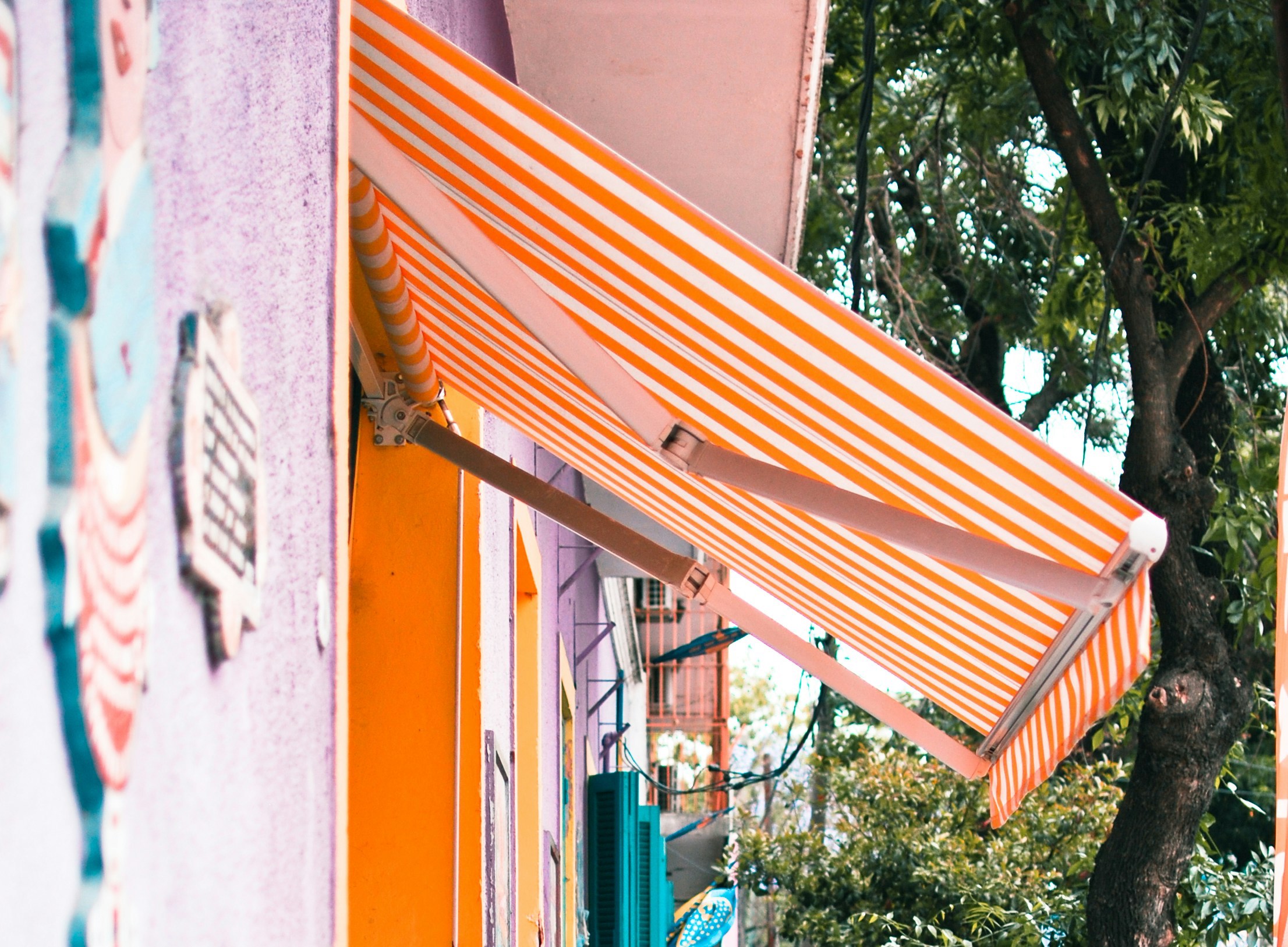Books & Culture
Paris Is for the Books (Which Are a Kind of Bird)

I bring word from Paris. I bring books from Paris. I bring bookstores from Paris — not literally, of course, though the theatrics of trying to get that through Customs would be something of a joy (“And this is the remainder bin, Officer, where …” “Just let me go on my lunch break. Please. I beg you”), but I’m swerving off track already — I do that — because all I wanted to say was that after the death of Rizzoli’s in New York City and the death of Borders and George Packer’s profile of Amazon and the dearth of book-related television here in the United States (despite the fact that more new books are published in the US every year than any other country in the world, some 250,000-plus every year), I think it’s worth taking a moment to talk about Lang’s Law.
Lang’s Law fixes prices for books in France, and it’s all the more interesting now in an age in which Amazon does what it does, the latest of which would be erasing certain books from its site until it receives more money from certain publishers to boost its own bottom line. (This has also earned a terrific fusillade of comedic ire from Stephen Colbert, as some of you will no doubt know.) And it’s also interesting because in an age in which there still seems to be a consensus concerning disruptive technology being the economic future of all countries, everywhere, Lang’s Law still feels like the exceedingly right and properly situating thing to do.
But to explore that point a little bit further, during the two weeks I spent in Paris in May, I visited Le Pont Traversé on Rue de Vaugirard, a beautiful bookstore that looked like it had once been an old bank run by a man with owl glasses who had spent more time collecting old books than banking, and who ended up raising a Decca Mittford-like daughter full of adventure who was now reaching retirement herself. After picking up a book for R., I asked the owner — because the store was just her and her alone; she was still switching on the lights when I walked in — whether Lang’s Law helped her store at all. Al Jazeera America’s short article on the issue had yet to be published.
“Yes, Monsieur. Absolutely,” she said. “It helps enable stores like this to exist. It might seem like something out of an old, Soviet-era Russia to you as an American, but …”
I laughed. “And I also noticed while I was walking around the city that there are very specific bookstores here, too, bookstores dedicated to the Congo, automobiles, the sea, revolutions, the Holocaust …”
“Yes, yes. That’s true. How is it in the United States?”
“Well — for one — we have Amazon.”
“Ahhh, oui.”
I don’t necessarily think Shakespeare and Company needs the help of Lang’s Law, though. It’s a perpetual stream of foot traffic, so much so that it’s hard to believe Sylvia Whitman actually caught a couple having sex in the bookshop there, as she said in one interview somewhere, because even if a couple had the bit between their teeth, you literally can’t stand anywhere in the store for more than a few minutes before someone pokes their head around the corner.
I didn’t ask her about that, or anything at all, really. I helped her move a few chairs to the side after listening to John Berger (most famous for Ways of Seeing) read to an assembled, eclectic crowd (one of which included an old, gay Spanish doctor who bafflingly and confusingly told me about how he had a drink with a famous British painter and how — as a seeming result, he seemed to imply — he died a week later), which you can hear — courtesy of the bookstore — above. He read from a piece called “Fellow Prisoners,” which talks about how —
Between industrial capitalism, dependent on manufacture and factories, and financial capitalism, dependent on free-market speculation and front office traders, the incarceration area has changed. Speculative financial transactions add up to, each day, $1,300 billion, fifty times more than the sum of the commercial exchanges. The prison is now as large as the planet and its allotted zones can vary and can be termed worksite, refugee camp, shopping mall, periphery, ghetto, office block, favela, suburb. What is essential is that those incarcerated in these zones are fellow prisoners.
— which uplifted us all, and he spent a moment reading from Angelus Silesius, partly to talk about the way to bridge the difference between a humanizing medical language and a dehumanizing medical language, and partly because — like someone sitting on a stool at the end of the pub — he was just simply amazed by lines like, “The truly empty is like a fine vase containing nectar; it holds it knows not what,” and he couldn’t help but want to share his delight (“I love him,” an employee silently mouthed to Sylvia), and there was wine waiting outside for us when we were all done, and it looked a bit and felt a bit and was a bit like Upright Citizens Brigade in Paris.
And can we take a moment to talk about the foot traffic? Retailers would kill for the kind of foot traffic Paris gets on a nice day. All the different stores of Gibert Jeune that line the areas near the Quai D’Orsay were just as packed as Shakespeare and Company during the time I was there. Even if Lang’s Law wasn’t there fighting for bookstores to stay bookstores, the sheer interest of French-speaking and English-speaking readers in Paris in reading would still translate into an incredible fight against the Amazons of the world. It was unbelievably heartening.
“There are so many books here,” a man with a leather jacket and a fisherman’s mustache told me from atop a ladder as I was trying to decide whether or not to get something by Mitterand or a collection of Camus’s newspaper articles, “it’s difficult to decide which to choose. Thankfully, I drank a lot of soup, grew very, very tall, and am able to look at everything.”
“Unfortunately,” I said in French, “French isn’t my first language. I didn’t quite catch that.”
He repeated it again in French at the same speed.
I laughed. “And look at you!” I said, gesturing.
Leaving the bookstore, the security guard cordially badgered everyone entering.
“Welcome, beautiful mademoiselle! Welcome to my chateaux of learning and knowledge!”
“A very beautiful castle,” I said to the laughing cashier.
“Oui,” she replied.









